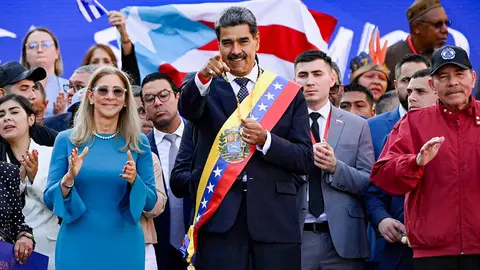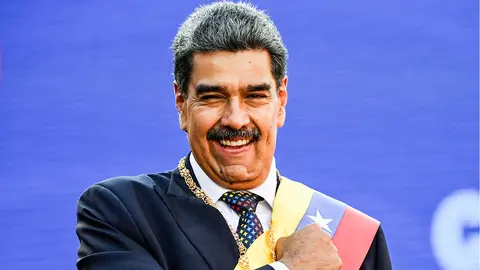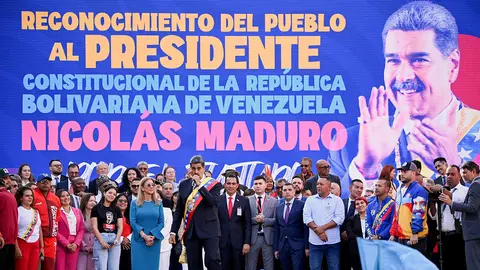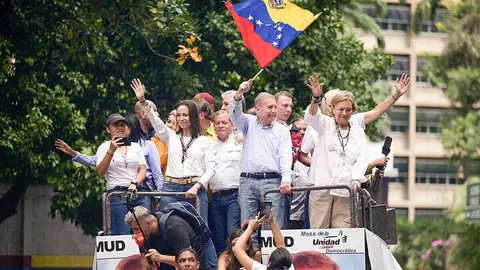Venezuela's last chance
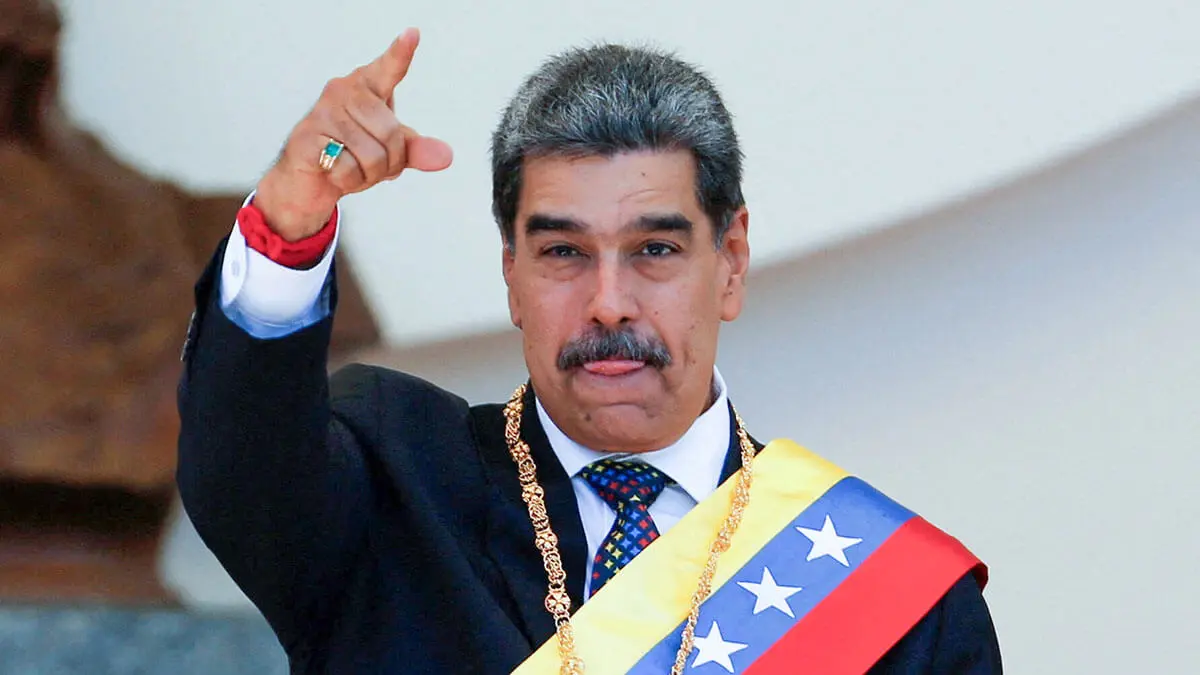
Our country in general, due to its geographical location, lives focused on what is happening on the European continent, because, as we have already repeated on numerous occasions, we lack a slow, deep, and focused vision of what is happening south of our borders.
We project our problems, projects, hopes and efforts onto the European Union, which makes perfect sense. However, for various reasons that would take too long to explain, except in specific cases or events, we could say that, since the end of the 19th century, Spain has gradually distanced itself from what should be its main area of influence and focus of association and collaboration until it has practically turned its back on it. I am referring to HISPANO-AMERICA, and I emphasise this in capital letters quite intentionally.
As I began by saying in these lines, the undersigned is the first person who has never paid enough attention to what is happening there or to the bond that should unite us. But it is time to take a different tack, and I can think of no better issue to bring to the table than what is happening in Venezuela, because it also has many connections with what is also happening in Eastern Europe, which is of such concern to us, and for obvious reasons.
The inauguration of Nicolás Maduro, with the failed appearance of Edmundo González, the de facto winner of the elections, has only highlighted the serious and sad reality that Venezuela is experiencing. The Venezuelan regime, since the first stage of the late Hugo Chávez, has degenerated to a point where the state apparatus, in its different facets, controls all aspects of the country's life and has sufficient tools to act with the impunity it has demonstrated in recent days.
Given this situation, and with what happened just 24 hours earlier with María Corina Machado, who can blame Edmundo González for reconsidering his return?
Much has been written about what happened, and even the lack of reaction from the Venezuelan people has been criticised, but this is completely unfair.
The great achievement of the Chavista regime has been to remove a large part of the electoral mass that supports the opposition from the political equation, something it has obtained, not only through the pressure measures against anyone who takes a stand against the regime, but also through the progressive deterioration of the economy. But nevertheless, almost eight million Venezuelans have left the country in recent years, which is close to 30 % of the population. There is no doubt that these are truly shocking numbers.
Of course, there are still many opponents in the country. So why has it been so easy for the regime, with Maduro at the helm, to manipulate the entire electoral process again without any response?
The answer to this question must be sought in 2019. After the last elections, with the scandal of the electoral reports, part of the population took to the streets in unprecedented protests, giving the impression that the foundations of the system were shaken. But, then as now, it became clear that a schism in the security forces that could provide real elements of force and pressure on the opposition to dislodge chavismo was a long shot. On the other hand, international support went no further than declarations, proclamations and in some cases sanctions. And none of this made any impression on Maduro and his followers then, nor has it done so now. And those who, in 2019 and months ago, took to the streets to confront the regime, found themselves alone, feeling abandoned and suffering the purge and subsequent repression.
These two moments were the most propitious occasion to overthrow the government, but their outcome only provoked frustration and resignation among the population.
There has been much talk these days of the need for foreign intervention, obviously with the United States in mind. There have even been public calls for it and even a return to the tactics employed by the northern neighbour in the 1980s, when it sought to overthrow or impose governments. However, such a possibility can be considered more than remote, and even more so after 20 January.
The United States finds itself in a complicated moment in which its geopolitical priority has little to do with what happens in South America. The conflict in Ukraine (in this case finding a way to stop or freeze it) and above all the Asia-Pacific area are its priorities. The struggle with China, which despite appearances is eminently economic, is the focus of North American attention, and the existence of populist or revolutionary regimes or leaders in Latin America is not considered a real or urgent threat except for one factor, immigration. That is the real Hispanic American problem that concerns Washington as far as it can affect it because of the pressure it puts on its southern border. Beyond measures to stem the flow, the White House will not interfere in the politics of its southern neighbours. The most obvious proof of this is what happened at the beginning of Russia's invasion of Ukraine. When it was convenient, sanctions on the Maduro regime were relaxed to allow Venezuelan oil to flow into markets to contain prices.
The main consequence to be drawn from the above is that all the Venezuelan people can feel today is abandonment and weariness. Their efforts have fallen on deaf ears and have only brought them more repression, pushing more Venezuelans to leave the country.
The solution is not easy. The regime has the strength of the security apparatus, and a fanatical part of the population, we could say, the opposition has not yet ignited the spark of weariness, and it certainly, sensibly, does not intend to achieve power at all costs, even if it is through civil conflict. It cannot afford to govern a country based on a bloodbath. And, of course, economically, and socially, Venezuela would not stand for it.
Pressure must come from outside, but in such a way that it oppresses the regime's leaders and not the general population, who are already suffering too much misery. And we should not expect such pressure from the United States. The European Union, and Spain in particular, has a lot to say, and more interest in resolving the situation than is believed.
The Venezuelan regime's links with Iran and Russia make it the transmission belt for the narrative of both tyrannies to Europe. And because of its culture, relationship and, of course, language, Spain is the gateway for their campaigns.
For too long we have looked the other way; we have not told our story or extolled our achievements and contributions. And this has not only distanced us from a region that was Spain (I do not say ‘of Spain’) for almost five hundred years, but we have left it to others to tell the story for us, increasing the schism.
For the same reasons that others use Venezuela to implant their ideology and launch their messages, it is we who must turn our gaze once again to the West, look for ways to help them, be their voice in the European Union, and become their main advocates by leading the common policies necessary to end such a tremendous injustice. If we can do so, our role towards our American brothers and sisters will certainly shift in the right direction.


